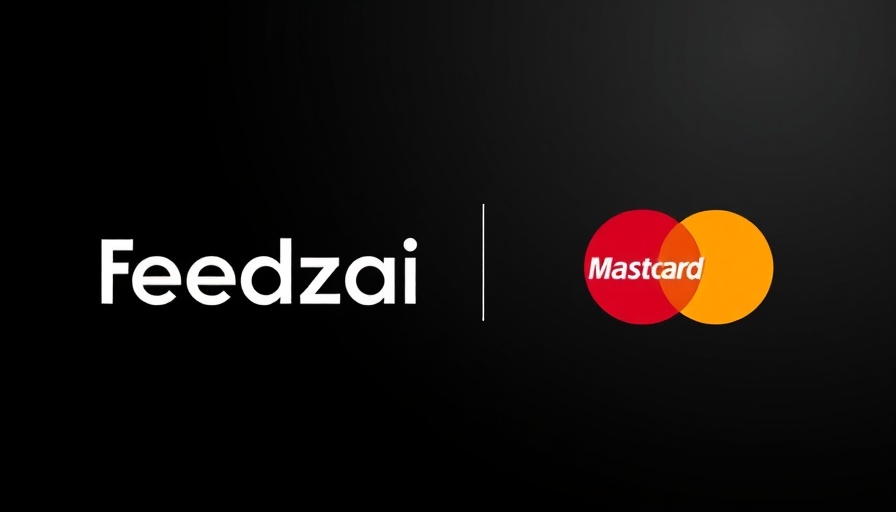
Understanding the P2P Payment Landscape
The rise of peer-to-peer (P2P) payment systems has revolutionized how we send and receive money. In 2024, it’s estimated that over 50% of U.S. adults had used a P2P payment service, such as Venmo, Zelle, or Cash App. Yet, this growing popularity has not come without its pitfalls. The recent alliance between Feedzai and Mastercard is a direct response to the increasing scams that target users of these platforms, highlighting the urgent need for security measures.
The Impact of Scams on Consumers
With consumers losing more than $1 trillion to scams last year alone, it's clear that scammers have become more sophisticated and emboldened in their tactics. The financial stress and emotional toll of these scams can be devastating. Imagine waking up to discover that your hard-earned money is gone, often due to a simple mistake or a moment of vulnerability. It’s imperative that financial institutions take proactive measures to protect consumers, especially in the fast-paced world of digital payments.
How the Feedzai and Mastercard Partnership Works
So, how does the partnership between Feedzai and Mastercard aim to secure the P2P payment space? By harnessing advanced AI technology, they enable banks to analyze every transaction in real-time. With Mastercard’s Consumer Fraud Risk (CFR) solution powered by Feedzai's AI engine, banks can assess the risk of individual transactions almost instantly. This technology combines transaction monitoring, network intelligence, and behavioral biometrics—offering a comprehensive approach to fraud prevention.
A Closer Look at CFR
Mastercard’s CFR works by quickly gathering and analyzing multiple data points surrounding a transaction. It generates a risk score almost as quickly as a transaction is initiated, allowing for immediate action if fraud is detected. A proven success in the UK, where fraudulent transaction losses decreased by 12%, CFR is set to expand its footprint globally with the help of Feedzai's infrastructure.
Guarding Against the Money Mule Threat
One of the greatest threats in the P2P payment sector comes from “money mules”—individuals who are unwittingly used by scammers to transfer stolen funds. The collaboration allows banks to identify these accounts and prevent their networks from being exploited. By leveraging the vast data collected from transactions, bank officials can better understand individual behaviors and flag suspicious activity before it spirals out of control.
The Bigger Picture: Trends in Digital Payments
As technology continues to advance, so too will the sophistication of scams. Data from the Global Anti-Scam Alliance shows that P2P payments are among the fastest-growing financial interactions, which means the need for enhanced security measures is more critical than ever. The partnership not only addresses current challenges but also prepares the financial services industry for future threats.
Encouraging Consumer Awareness and Engagement
While technology plays a crucial role in combating fraud, consumer awareness remains equally vital. Educating users about potential scams—such as unsolicited requests for payment or offers that seem too good to be true—can significantly enhance their safety. Financial institutions should engage with customers, offering resources and tools to better navigate the digital landscape.
Conclusion: A Call for Vigilance
With the stakes so high, effective partnerships like that of Feedzai and Mastercard are essential for securing the P2P payment space. As consumers, continue to be vigilant when conducting transactions online and seek services that prioritize security. Always ensure that your bank or financial service provider has robust fraud detection measures in place. The safety of your finances depends not just on technology, but also on your own awareness and proactive actions.
 Add Row
Add Row  Add
Add 




 Add Row
Add Row  Add
Add 








Write A Comment